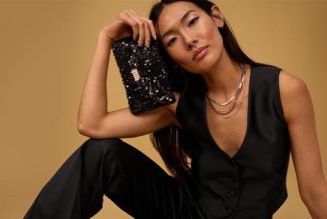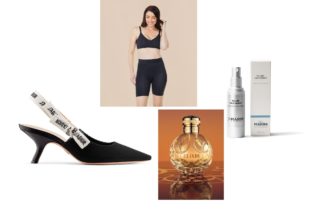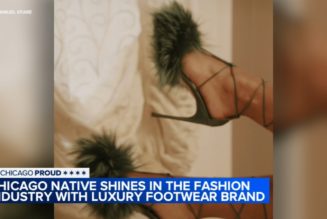
The metaverse could easily be viewed as a new “universe” of opportunity, but of course a new universe could bring fresh issues for brands, especially when it comes to protecting intellectual property.
The predicted numbers speak for themselves in terms of opportunities. It was estimated by JP Morgan in a 2021 report that by 2030, metaverse gaming and NFTs could constitute 10% of the luxury goods market – roughly equivalent to €50bn in revenue. Virtual products are also seen as a relationship building opportunity (partly due to their lower price point) by increasing reach and the likelihood consumers will purchase the real product once they can afford to. The high return on investment for projects such as Burberry’s partnership with Minecraft supports this.
Whilst the figures appear overwhelmingly positive and seem to endorse the metaverse, there is still some concern as to how intellectual property rights will be protected and infringements enforced against.
For luxury brands in particular, their reputation is incredibly important and is often what gives value to their products. The Hermes and MetaBirkin case (although a US case) could offer some comfort to brands when it comes to the metaverse and may increase collaborations/integrations such as Gucci’s “Gucci Town” on Roblox.
In the Hermes and MetaBirkin case, an artist, Rothschild, sold NFTs which were digital “artworks” of Hermes’ infamous Birkin handbag, called “MetaBirkins”. The court concluded that the MetaBirkins mislead consumers as to the origin of the MetaBirkins and using the MetaBirkin.com domain constituted “cybersquatting” (using domain names that are identical/similar to trademarks or company names).
Rothschild’s defence argued that the MetaBirkin depiction should be considered in the same vein as Andy Warhol’s painting of Campbell’s soup for example, however, a nuance in this case is that brands themselves are offering NFTs (as mentioned above, Gucci, Burberry etc.) and therefore, there is a higher risk of confusion. This perhaps suggests that brands should increase activity within the NFT space to establish their mark in digital spaces.
The case will no doubt be reassuring for brands; NFT creators cannot make money on their coat-tails by using an association with a brand and its value, but it’s worth bearing in mind this is a US case and we are yet to have a similar test in the UK courts.








